Arcadia Earth and Art meets Climate Change
- Ebru Debbağ

- Dec 8, 2019
- 2 min read
Updated: Dec 15, 2019

Photo: David Mitchell / Courtesy of Arcadia Earth
8 million tons of plastic end up in our oceans, deforestation is at its peak, a truck load of clothes go to landfill every second. During the recent decade of my 30 years in the denim industry has been around who the responsible party is for the practices that endanger life on Earth. There is an increased call for action for not only for industries but also consumers. We heard that “Our house is on fire” and we all need to act.
In today’s digitally enhanced everyday, designers, artists as well as businesses are integrating technology to enable sensual, informative products, services and experiences. Valentino Vettori is an experiential designer who through the power of collaborative artists has created Arcadia in NYC where art and technology merge to create an immersive learning experience about how plastic, pollution and industries impact the environment and wildlife. Vettori was inspired by Paul Hawken; the author of Drawdown which provides a comprehensive detailed plan to fight climate change.

Photo: David Mitchell / Courtesy of Arcadia Earth
Arcadia has 15 rooms where through the Arcadia App ( which you download prior to the show) you can scan your smartphone over a wall to see rare sea creatures as well as micro plastic pollution floating around you. Scanning the QR codes on the walls unlocks informative visuals. Valentino collaborated with environmental artists for the exhibition and everything at Arcadia is biodegradable. You come face to face with lions at “Our Land”, be stunned by a giant ray, a dolphin and other sea animals swimming towards and past you in “Underwater”. In the “Overfishing” exhibit colorful weaving from salvaged fish nets are displayed to represent humanities trash. The “Rainbow Cave” is made up of 44,000 plastic bags which is the estimated number used every minute in NYC.
Eat Less Meat has multiple has multiple mirrors and moss lined walls that reflect we are what we ingest. “Alchemy” is a sculpture that hangs on a meat hook and is a large animal carcass made from pieces of recycled garments. The exhibition donates 10% of its gross revenue to Oceanic Global and plants a tree for every ticket sold. Our deeds, consumption habits, everyday actions, where we choose to spend our time and resources can create a collaborative impact.

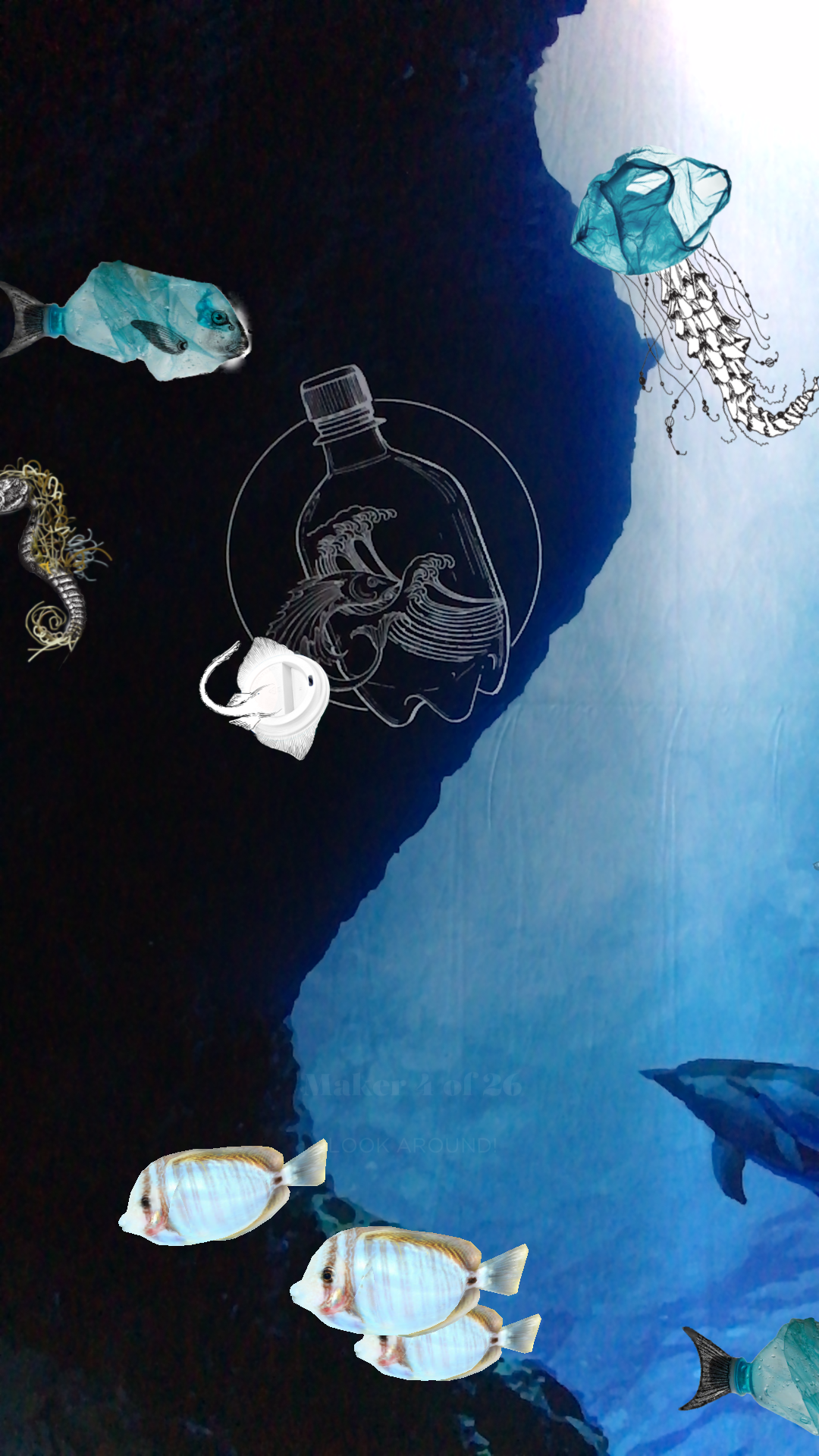

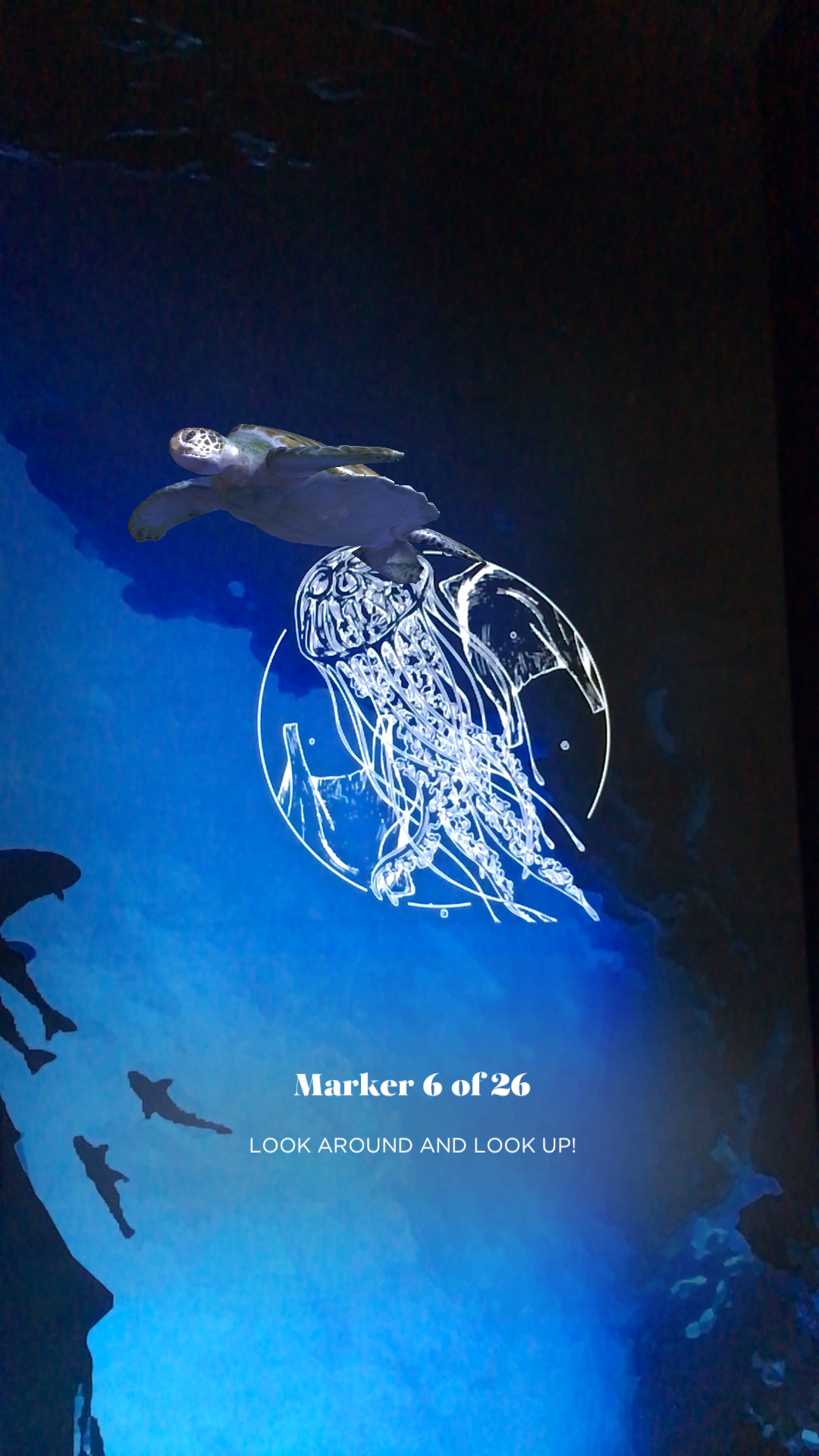

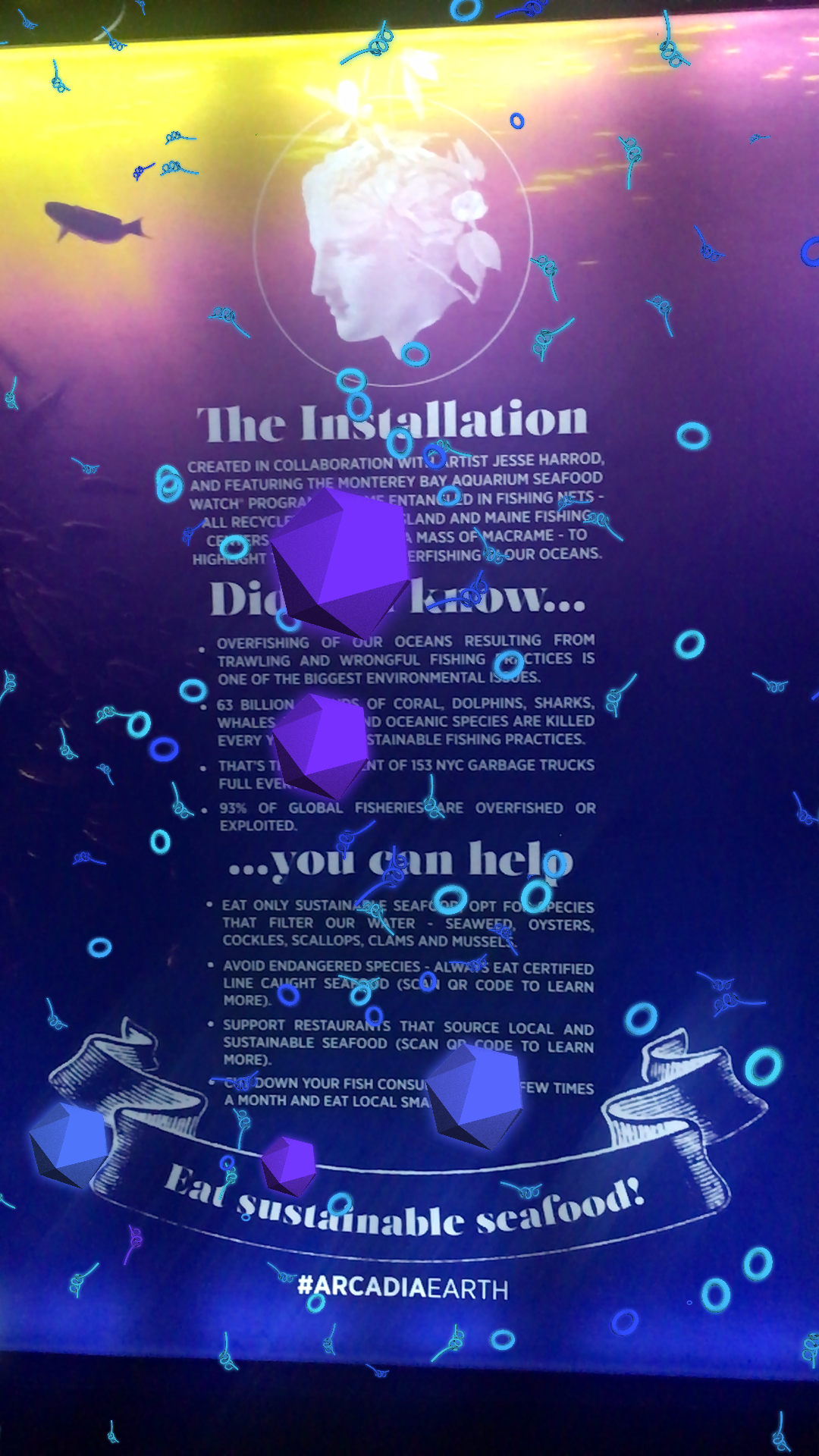

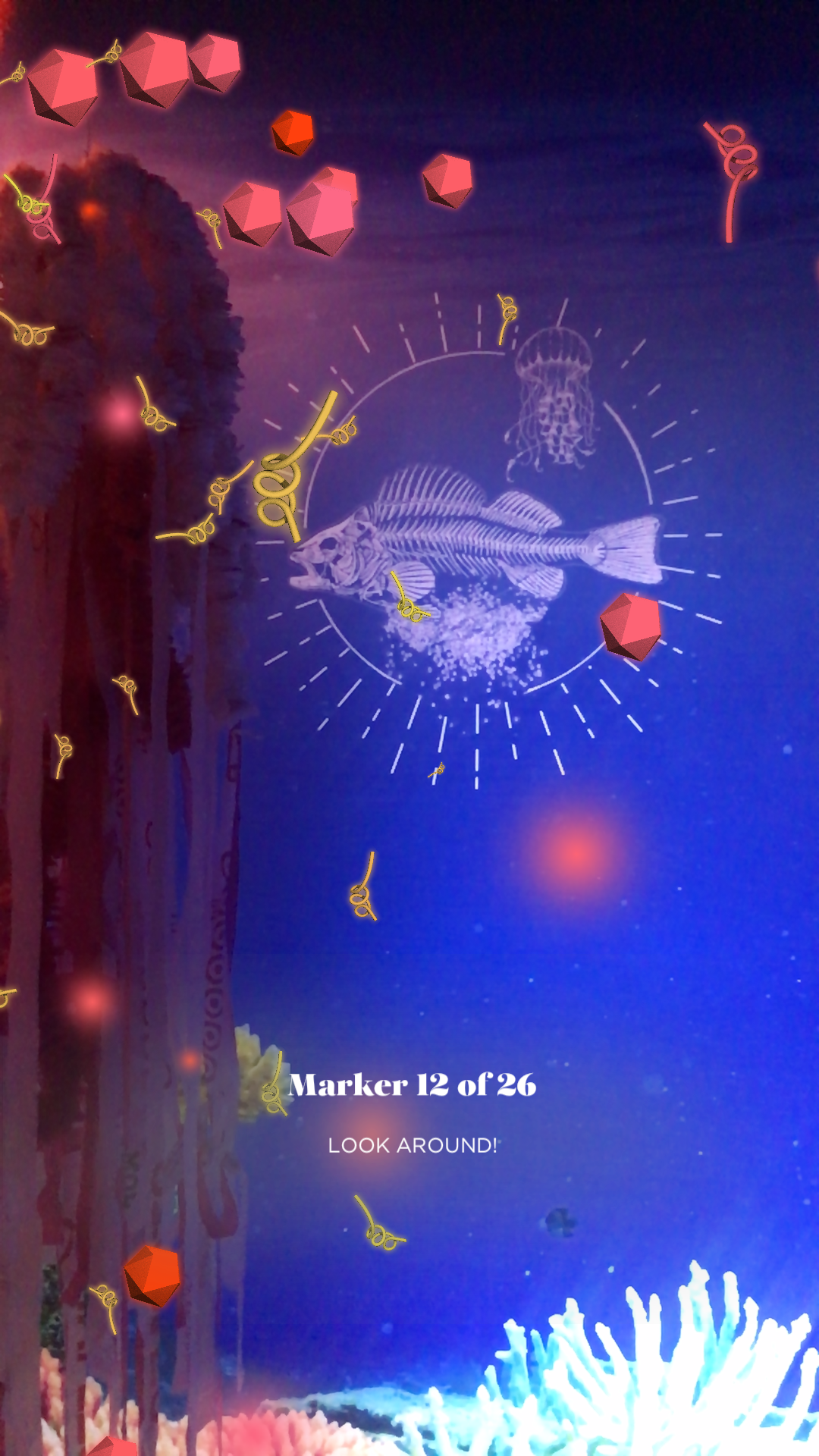

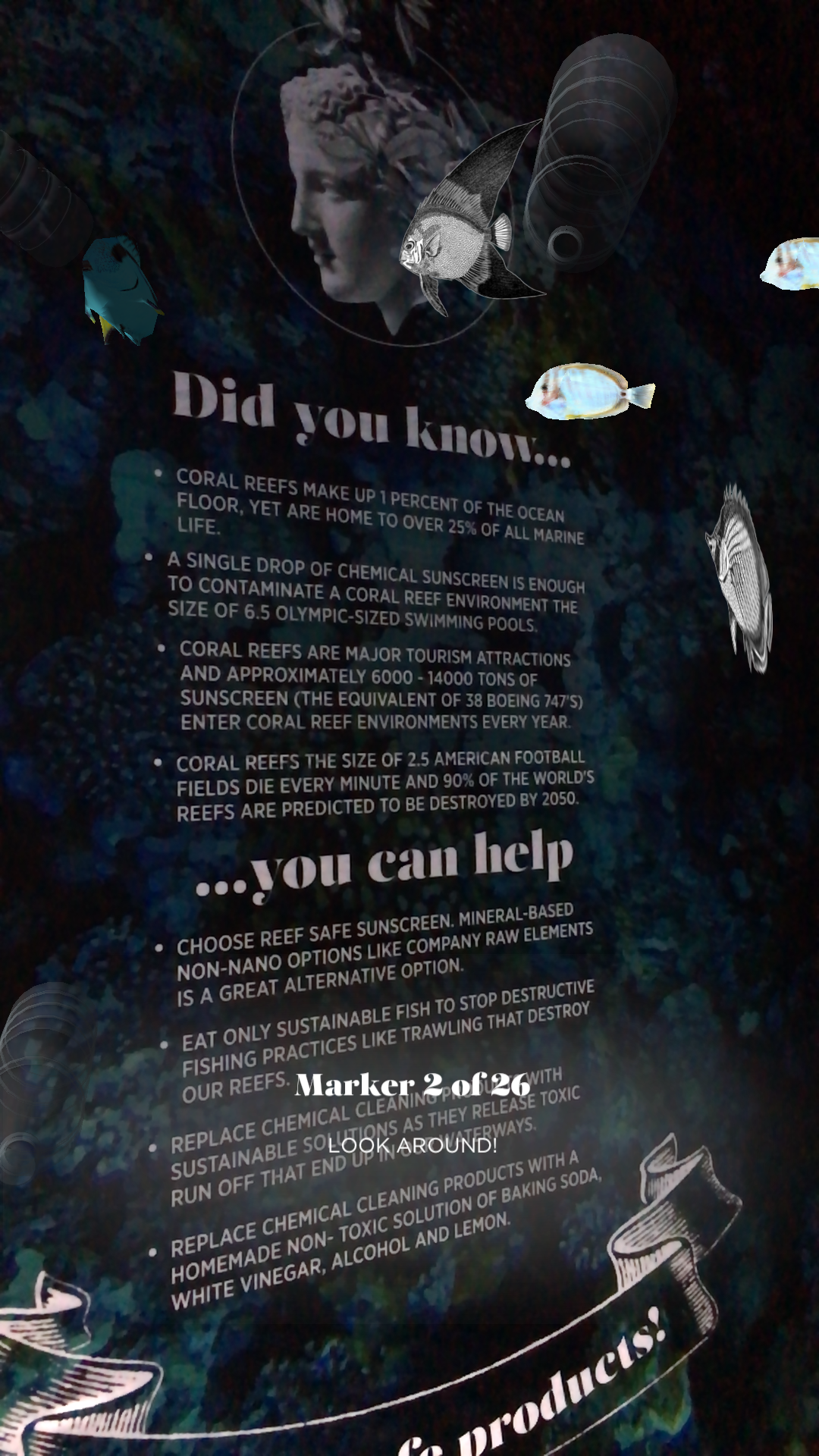

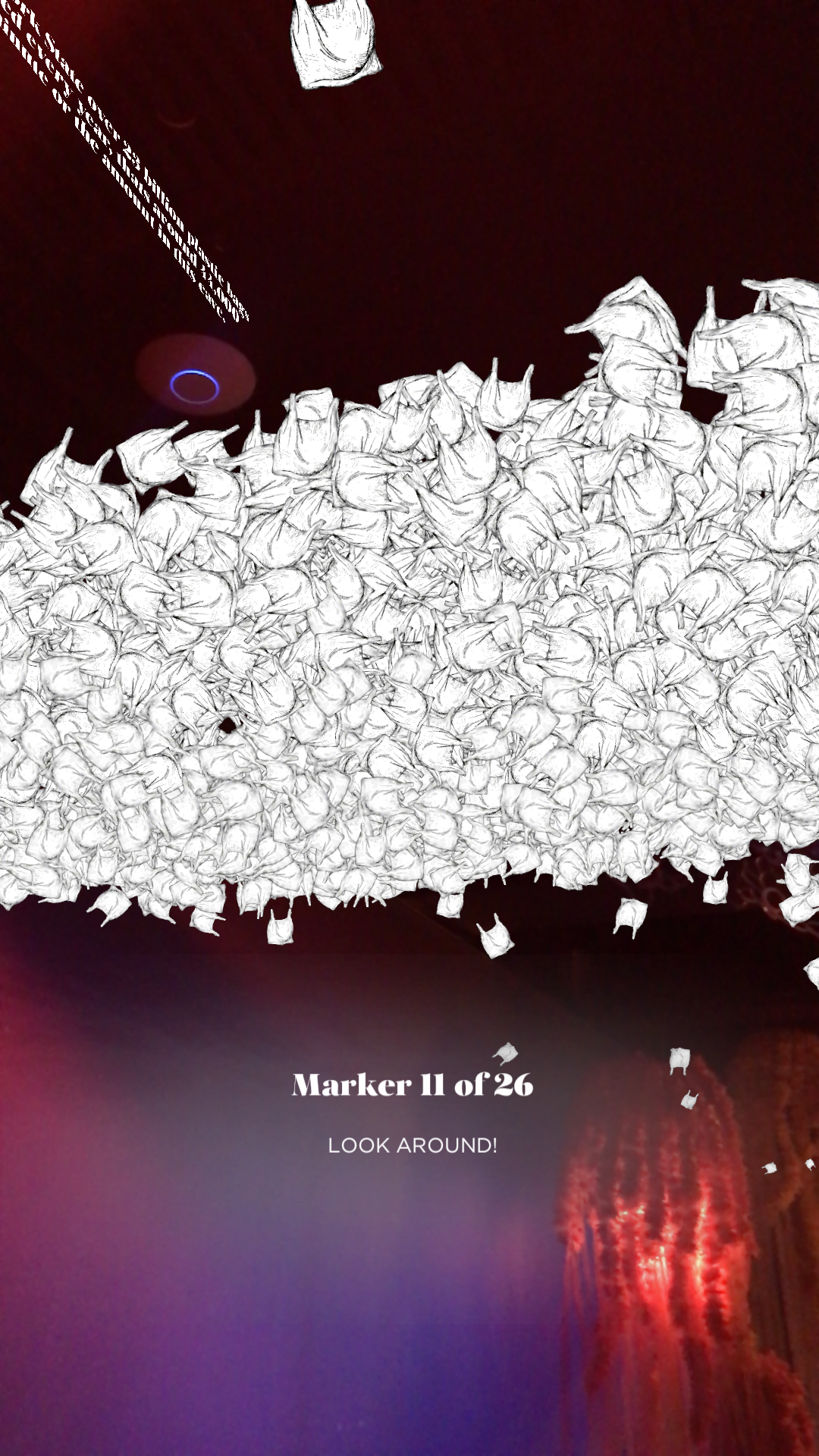






Comments